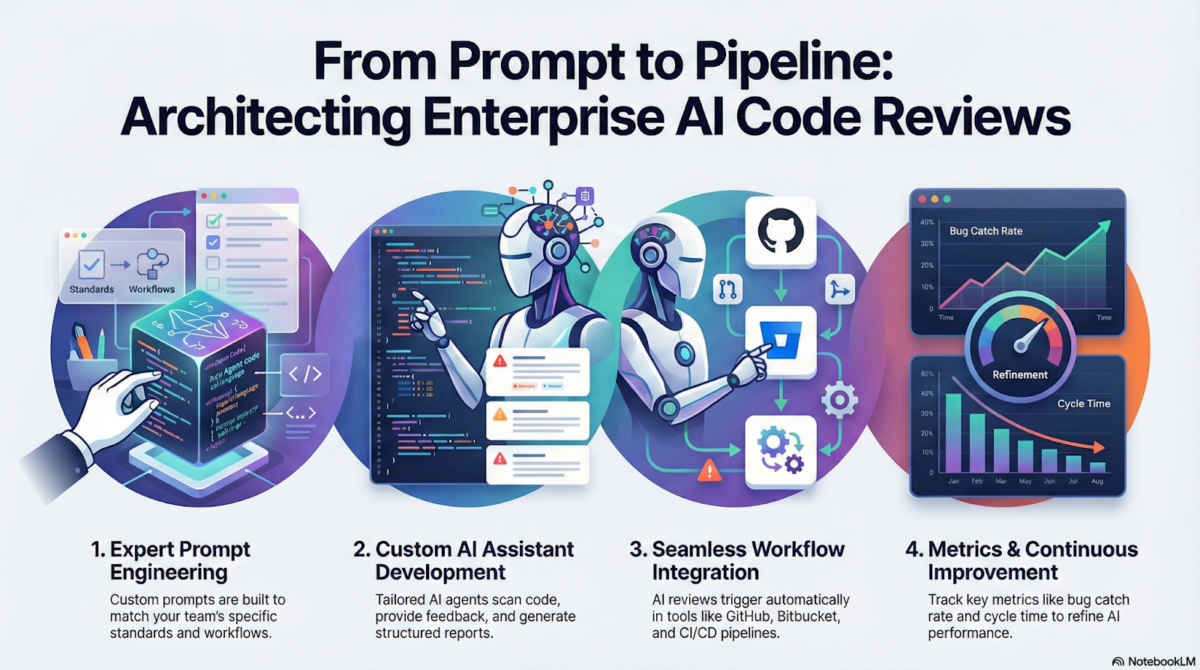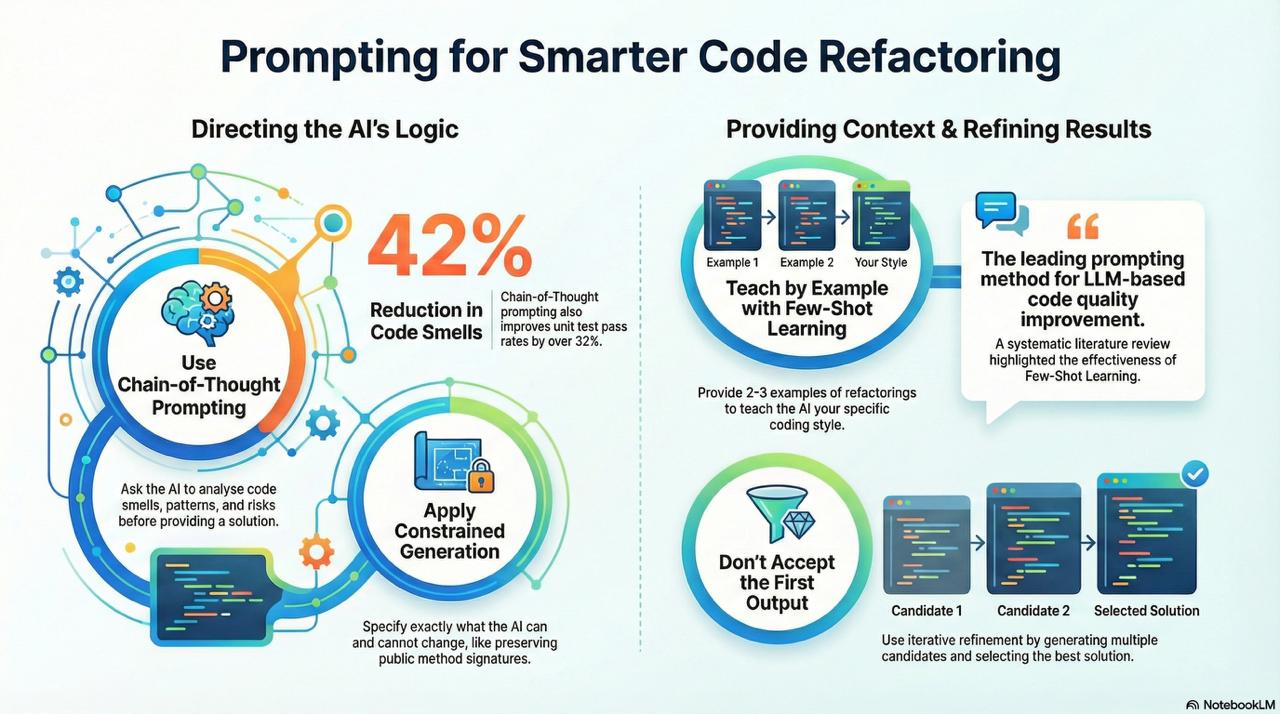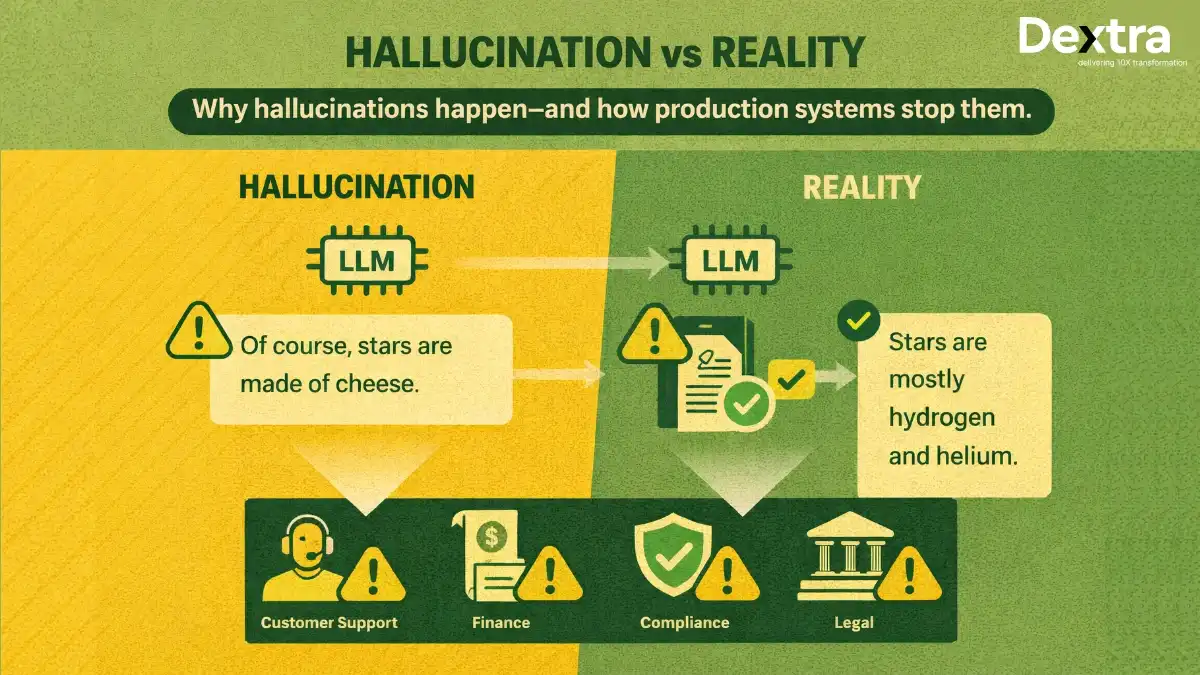One mistake during Tech DD can cost your startup the deal.” Startups with strong products often fail audits due to overlooked issues such as failing in tech due diligence. Additionally, Crunchbase reports that 42% of failed Series A deals cite code quality and missing documentation as major concerns. Since investors look closely at security, scalability, and team setup, ignoring these can be risky. The good news? With the right technical audit checklist and early action, you can fix these issues in time.
Let’s explore the common tech audit mistakes and how Dextra Labs helps startups get everything in place before due diligence.
Want expert help?
Book a free Tech DD Prep Call with Dextralabs and get practical, tailored advice for your startup.
Book Your Free CallFew Common Tech Audits Mistakes:
Even the most promising startups can fail a technical audit if they overlook the fundamentals. A strong product alone isn’t enough as investors want proof that your technology, team, and processes are built for scale, security, and sustainability.
Below are some of the most frequent tech audit mistakes that raise red flags during due diligence and how to fix them.
| Mistake | Impact | Fix (How to Fix Audit Issues) |
| Poor Documentation | Slows audits, creates confusion, raises red flags | Maintain up-to-date architecture, code comments, and API documentation regularly |
| Lack of Testing & QA | Shows weak product reliability, risks quality | Implement unit, integration, regression, and end-to-end automated testing |
| Weak Security Practices | Poses data risks, non-compliance issues | Conduct internal security audits, use encryption, and enforce access control tools |
| Technical Debt Ignored | Signals poor scalability, future engineering challenges | Track known issues, align with roadmap, and create a clear technical debt reduction plan |
| Over Engineered MVPs | Misalignment with product-market fit or scalability | Build a lean MVP with essential features and a roadmap for scalable architecture |
| No DevOps Strategy or Monitoring | Slows deployment, limits observability, causes operational inefficiencies | Use CI/CD pipelines (e.g., Jenkins, GitHub Actions), implement monitoring tools like Datadog |
| Unclear Team Roles or Tech Ownership | Causes leadership confusion, poor accountability | Create an org chart, define technical roles clearly, and establish a hiring/ownership roadmap |
Also Read: Top Tech Due Diligence Agencies for Startups in 2025
Mistake #1: Poor Documentation
Many startups treat documentation as an afterthought, but investors and auditors see it as a sign of technical maturity. When your product lacks clear documentation, it becomes harder for outsiders to understand or evaluate your system effectively.
- Issue: Missing code comments, outdated product architecture diagrams, and incomplete API docs.
- Impact: Slows down the audit process and creates red flags around transparency and maintainability.
- Fix: Maintain consistently updated technical and product documentation to reflect your current stack and architecture.
Mistake #2: Lack of Testing & QA
Skipping automated testing to save time can backfire during audits. Without proper test coverage, your product appears fragile, unreliable, and hard to scale.
- Issue: No test coverage, reliance only on manual QA, and lack of testing infrastructure.
- Impact: Signals poor development discipline and increases the risk of production failures.
- Fix: Implement unit, integration, regression, and end-to-end testing using tools like Jest, Selenium, or Cypress.
Mistake #3: Weak Security Practices
Security is one of the top priorities in technical due diligence. Startups that overlook basic security hygiene often lose investor confidence and fail compliance checks.
- Issue: Hardcoded credentials, open endpoints, lack of access controls, and missing compliance standards (e.g., GDPR, HIPAA).
- Impact: Creates legal, financial, and reputational risks that investors don’t want to inherit.
- Fix: Conduct internal security audits, encrypt sensitive data, rotate secrets, and implement access control tools like Vault or AWS IAM.
Mistake #4: Technical Debt Ignored
Every startup accumulates technical debt, but ignoring it sends a message that you’re not thinking long-term. Investors worry this will hurt your ability to scale efficiently.
- Issue: Legacy code, rushed fixes, and no plan for refactoring or modernization.
- Impact: Raises concerns about scalability, performance, and maintainability over time.
- Fix: Maintain a visible backlog of known tech debt and prioritize remediation within your product roadmap.
Mistake #5: Over-Engineered MVPs
An MVP should demonstrate product-market fit not overwhelm or underwhelm. Both extremes signal a lack of strategic focus to investors.
- Issue: MVPs that are either overly complex or too simplistic to validate the product.
- Impact: Confuses auditors and misaligns with expected growth or user value.
- Fix: Build a balanced MVP that focuses on core functionality and shows scalability potential.
Mistake #6: No DevOps Strategy or Monitoring
If your product still relies on manual deployment or lacks observability, it shows that you’re not operationally prepared for scale or stability.
- Issue: No CI/CD pipelines, manual deployments, and missing monitoring or logging tools.
- Impact: Increases downtime risks, limits system visibility, and delays recovery during incidents.
- Fix: Implement DevOps best practices using tools like Jenkins, GitHub Actions, and Datadog for automation and observability.
Mistake #7: Lack of Clarity in Team Roles or Tech Ownership
Investors want to know who’s responsible for what. If your team lacks clear roles or tech ownership, it leads to confusion and weakens trust.
- Issue: No defined CTO, overlapping responsibilities, or unclear decision-making hierarchy.
- Impact: Suggests leadership gaps and lack of scalability in team structure.
- Fix: Establish a clear org chart, assign ownership for key areas, and develop a hiring and growth roadmap.

Also Read: Technical Due Diligence Cost
How to Prevent These Mistakes with a Mock Tech DD?
To prevent mistakes in a technical due diligence (DD) process, leveraging a Mock Tech DD can be highly effective. Here’s how Dextralabs’ Pre-DD assessment can help:
1. Review Code, Infrastructure, Roadmap, and Security
- Code Review: Conduct a detailed analysis of the codebase to identify bugs, inefficiencies, and architectural issues.Ensure that the code is scalable, maintainable, and adheres to best practice.
- Infrastructure Review: Evaluate the deployment procedures, cloud infrastructure, and system design. Check if it can handle the growth of the business and if there are any bottlenecks.
- Roadmap Review: Evaluate the product development roadmap to ensure it’s aligned with the business goals and the tech stack is capable of supporting the planned features.
- Security Review: Evaluate the security procedures, such as incident response procedures, encryption standards, access controls, and vulnerability management.
2. Provide a Gap Analysis Before Actual DD
- The mock assessment helps to identify areas of risk or gaps early in the process, such as missing documentation, scalability issues, or security weaknesses. This saves time and effort during the real process by enabling you to resolve possible problems prior to doing a thorough technical due diligence (DD).
Final Words
Startups can avoid common tech audit mistakes—like poor documentation, weak infrastructure, unclear product roadmaps, and security gaps—by planning ahead. Rushing to fix these issues at the last minute often leads to more problems and red flags during investor audits. Instead, start preparing 3–6 months in advance. This allows you enough time to improve your tech foundation, fix audit issues, and win over investors.
Want expert help?
Book a free Tech DD Prep Call with Dextralabs and get practical, tailored advice for your startup.
Book Your Free CallFAQs on tech audit mistakes:
Q. Can Tech DD issues be fixed after it starts?
Yes, but it’s risky. Fixing issues mid-DD can raise red flags for investors. It’s better to prepare 3–6 months early with a pre-DD assessment.
Q. What’s the cost of failing Tech DD?
Failed Tech DD can delay funding, hurt credibility, and increase remediation costs. It may even cause investors to back out.
Q. Who are the best technical due diligence consultants for startups?
Dextra Labs is a top technical due diligence consultant for startups, offering pre-DD assessments and expert remediation services. They help fix code, security, and infrastructure issues, with trusted support across the USA, UAE, and Singapore. Their guidance ensures startups are fully prepared to impress investors and secure funding.








